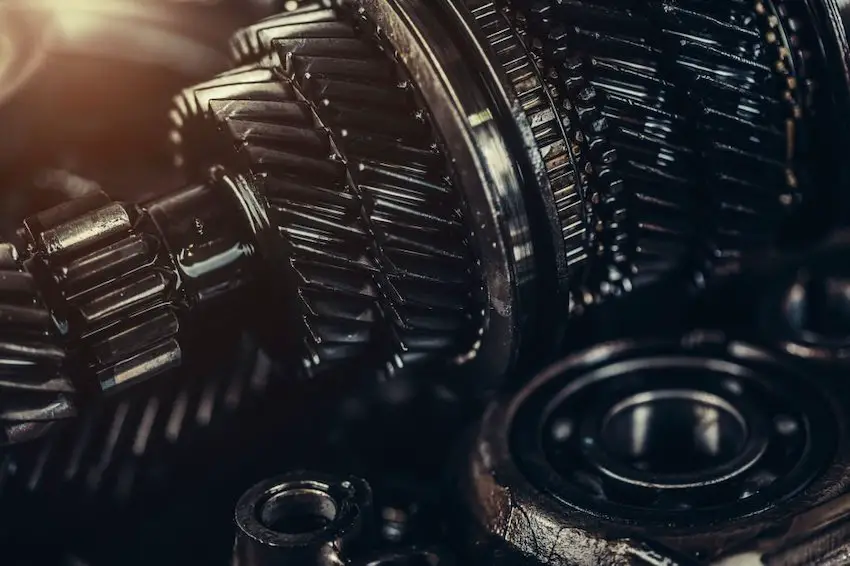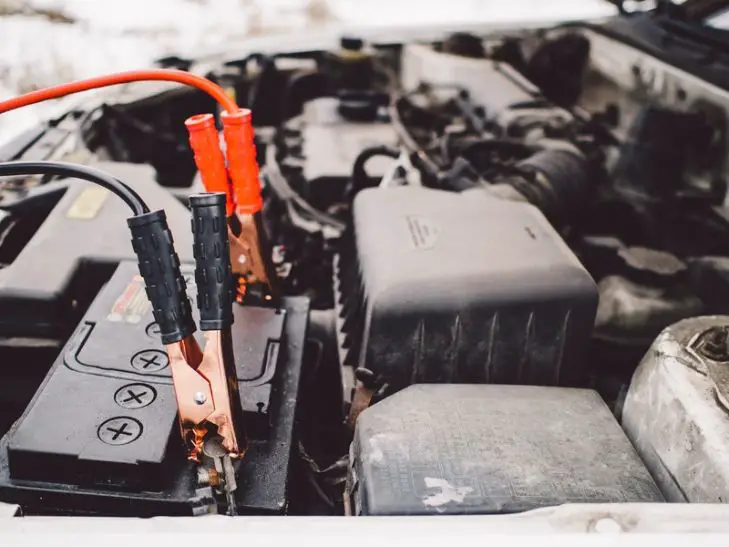To answer whether a bad car battery will affect your engine performance, you first need to understand how the functions of the battery in your car. And you probably know that the primary function of the car battery is to start the engine. And that means if the battery is not working, then the engine won’t start.
And that’s not the only way the battery will affect the engine performance. This article will share with you how a bad car battery cause reduced engine power.
How A Bad Car Battery Affects Engine Power
The car battery doesn’t affect the engine performance directly. The only direct way it affects its performance is by not starting the car. However, there are other specific ways in which the car battery will affect the engine power. This happens when it affects other parts of the car that are directly linked to the car engine.
The following are specific ways through which the car battery will affect the car’s performance.
- Effects on the Computer
A bad battery strains the mechanical and electrical systems. As a result, the car’s computer might start misbehaving. And as that happens, the overall performance of the car engine will be affected.
- Effects on Cylinder
An issue with the car battery will automatically affect the engine’s performance. First, if the battery goes bad or stops working, the injectors won’t deliver enough fuel to the cylinder. And this will eventually reduce the power of your engine.
- Effects on Alternators
Your car alternators will have a short life span if you’re using a weak or bad battery. This is because the alternator works harder than normal when the battery supplies insufficient power. As a result, it wears down quickly and easily.

- Effects on Internal Components
A bad battery cause damage to the internal parts of the engine. This is because the low voltage cause engine temperatures to go up. As a result, you start experiencing engine overheating that could cause serious damage to engine parts.
- Effects on Gas Mileage
As the alternator works extra harder, the engine ends up using more gas than normal.
Effects on Accessories
When the battery is not properly working, other features such as dashboard lights, heaters, power windows, and other components stop working. This extremely strains the engine and causes performance issues.
How to Tell You’re Experiencing Low Engine Power
The dashboard warning light that says “limited engine power” typically means that your vehicle’s performance has been restricted to safeguard the engine. The car’s computer (also known as the “Electronic Control Unit” (ECU)) switches into reduced power mode when a fault is discovered in the system.
It is entirely dependent on the automobile model. The real challenges vary widely since various automobiles utilize different electrical control techniques.
There can be may cause for reduced engine power. The decreased engine power light will not turn on unless there is an issue with the battery, such as a dead/damaged cell or loose ground.
Before a warning light appears, there are likely to be other signs of a battery problem. But technically, a battery problem cannot be directly attributed to a reduced engine power problem.
What Causes Reduced Engine Power?
A car battery issue doesn’t affect engine power directly. But other factors could lead to low engine power. They include:
- Car TAC System Failure
The TAC system, also known as throttle actuator control, is found in many modern cars. When one of these systems fails, particularly the throttle actuator control system, the dashboard displays “reduced engine power.” The TAC system problem, according to research, is caused by a malfunctioning electronic fan clutch or a fuel system failure.
- Loose or Faulty Connection
Your car has wiring that supplies electricity for effective performance. But when the cables or connections have an issue, they directly affect the engine performance.
If this happens, it’s generally the simplest and most obvious problem. If, on the other hand, nothing is loose, no wires are exposed or damaged, and everything is properly connected, you’ll almost certainly need to visit a professional technician.
- Issues With Oxygen Sensors
An issue with oxygen sensors directly causes the engine power failure. These sensors change the engine’s air/fuel mixture when they detect a substantial quantity of oxygen flowing from the exhaust system. The “reduced engine power” or “Check Engine” light on the dashboard might illuminate if the oxygen sensors malfunction.
- Throttle Body Issues
A butterfly valve opens and shuts within the throttle body to let air into the engine. The decreased engine power light may be triggered if this valve is damaged or cracked.
Additionally, carbon buildup from the engine may clog the opening or valve, causing the engine to believe it is receiving less air, resulting in reduced engine power and the triggering of the warning light.
- Faulty ECU (Engine Control Unit)
The ECU, or Engine Control Unit, is the computer that communicates with all of these sensors. It regulates every element of a car’s operation and will even attempt to adjust for unexpected engine circumstances. So, when there’s an issue with the ECU, your car engine performance is automatically affected.
- Transmission Fault
A gearbox problem code will likely set up the check engine light before the low engine power light. Because all of the sensors we’ve discussed thus far in this article are so entwined with proper transmission performance, engine power loss might be caused by the transmission or any of its systems. Low transmission fluid or a sliding clutch might set a fault code.
There are many more reasons that can contribute to low engine power. But these are some of the most common among them.
Is it Safe to Drive with Reduced Engine Power?
Yes, this is frequently the case. When the check engine light turns on, most engines act the same. It’s your car’s own feature to try to limp back home.
When this happens, it’s crucial to remember that the engine won’t generally move faster than a specific speed. Unless you’re on a highway, freeway, or interstate, you should get out as soon as possible. There is a minimum and maximum speed restriction on highways.
Once you’ve gotten off the aforementioned highway, look for a service station right away, and if that isn’t feasible, attempt to return if you can locate a place to pull over and phone for help.
When your engine power light is on, you should get the problem identified and fixed immediately.
How Much Does It Cost to Fix Reduced Engine Power?
The cost of fixing reduced engine power depends on your fixing issue. So, when you realize the engine power is low, get help from a specialist. Go to a mechanic for diagnosis. Identify the issue and fix it before it becomes a serious concern.
Conclusion
A bad car battery won’t affect your engine power directly. However, it will affect other components that could reduce the engine power. So, when the car battery is bad, replace it. And it will help you avoid serious issues with your car battery in the future.

